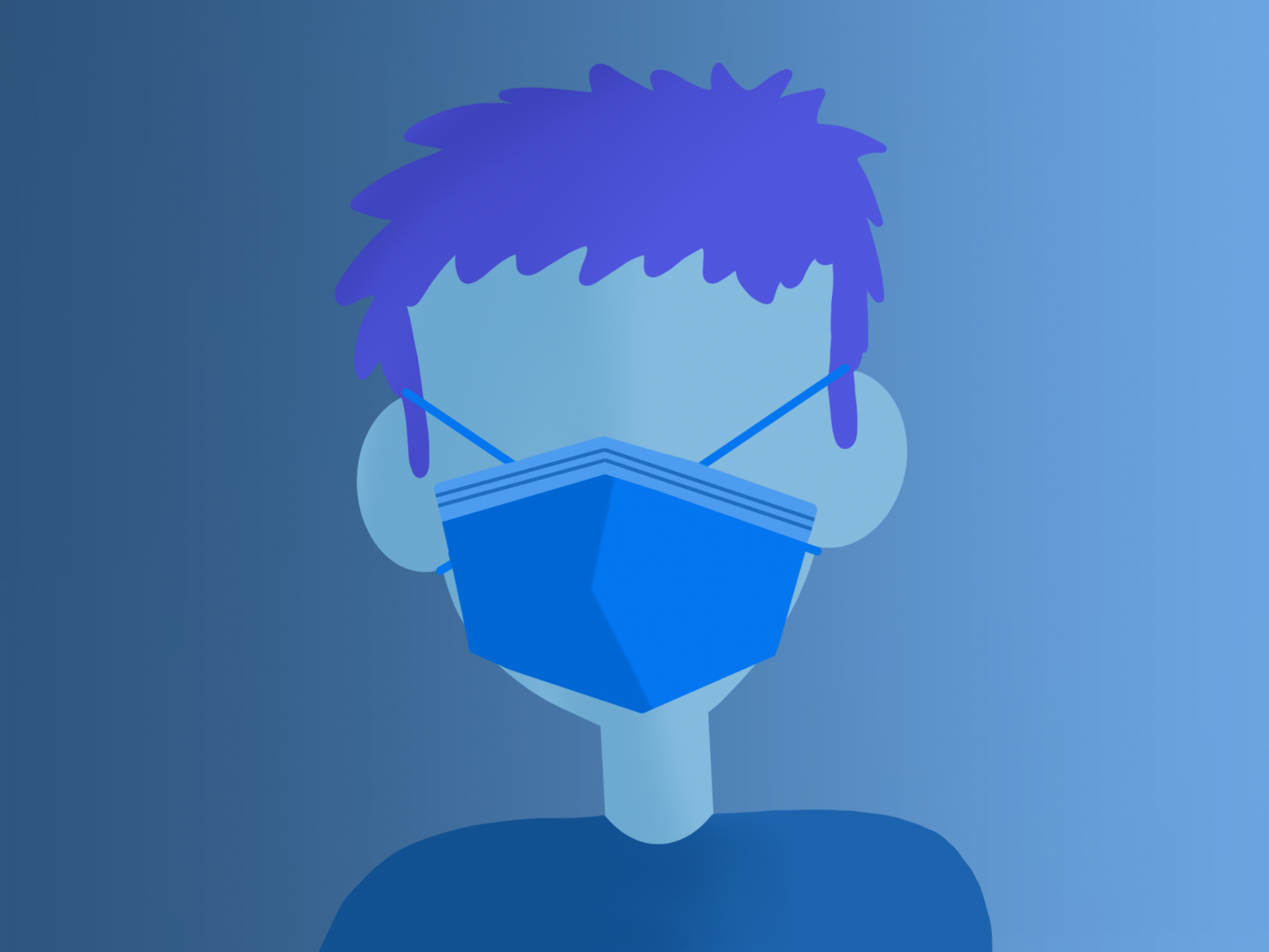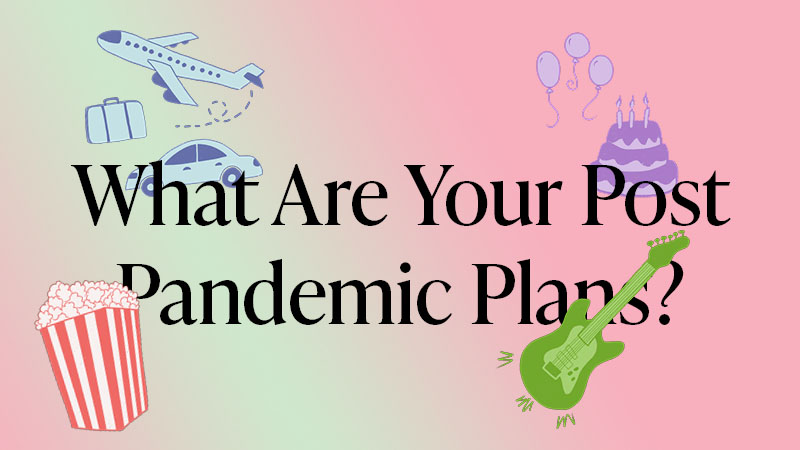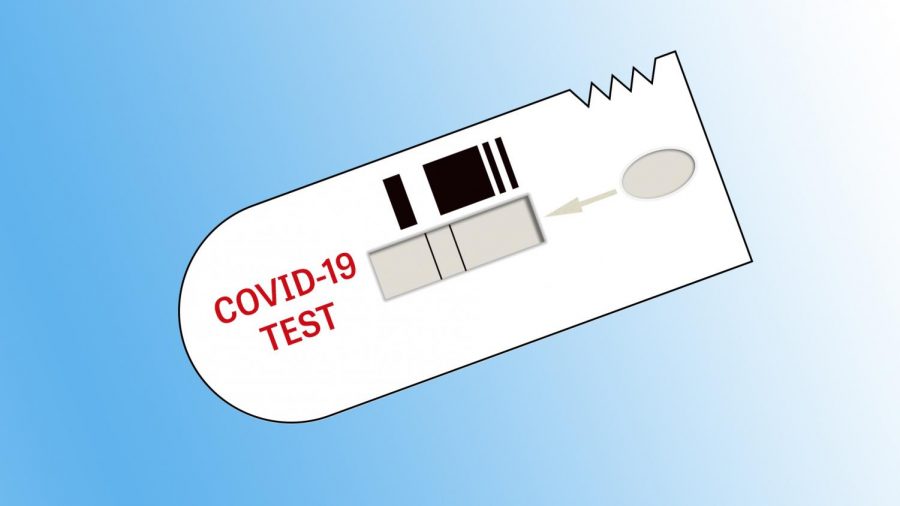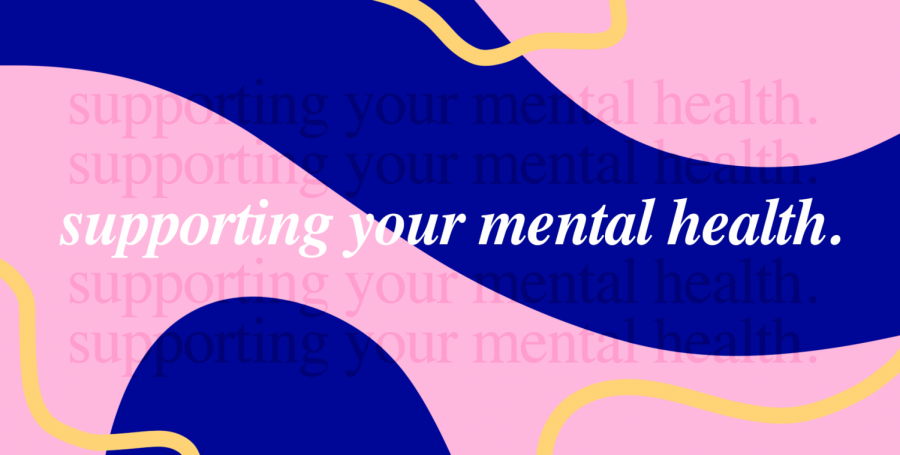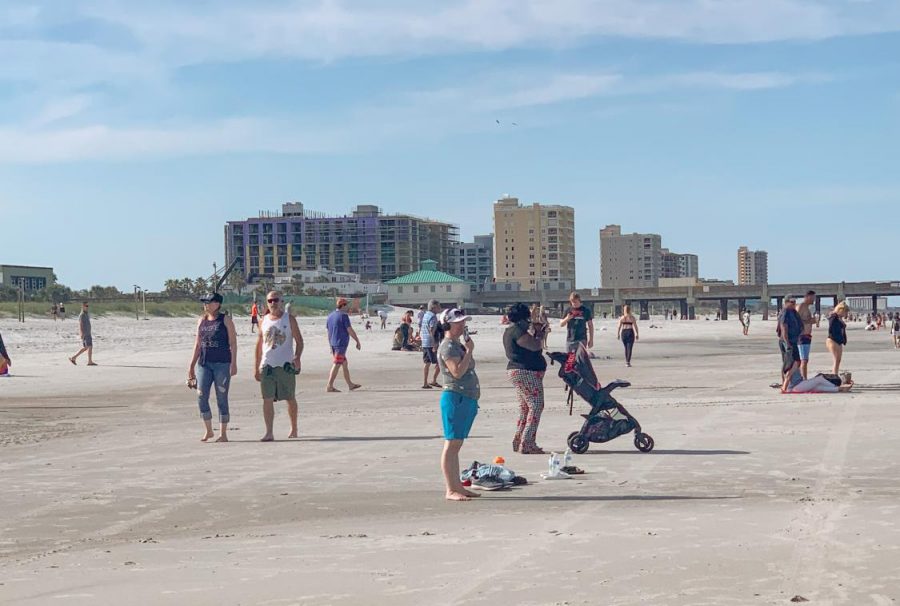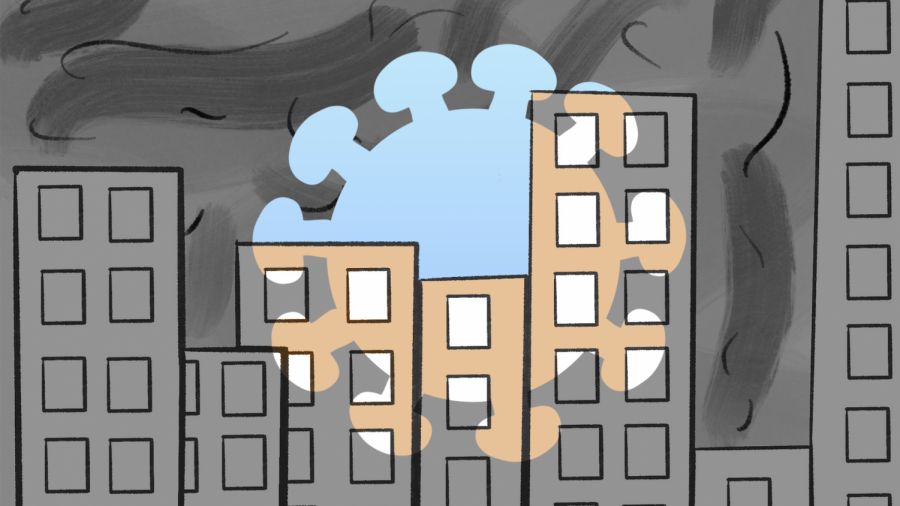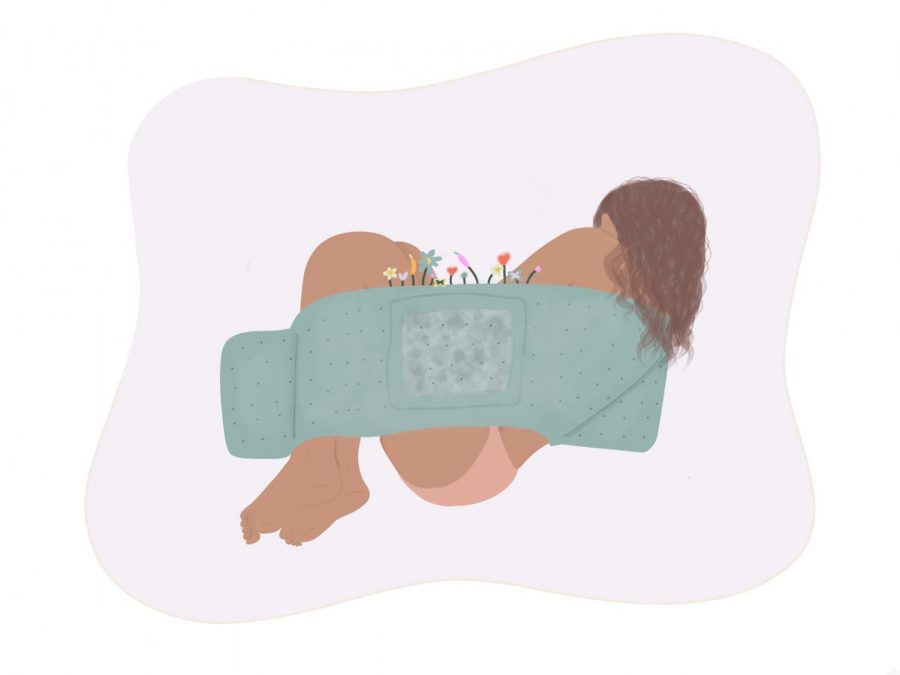With each new year, there should come renewed hope for love, laughter, and life. Unfortunately, all that 2020 has brought us so far is the possibility of World War III, COVID-19, and a spate of TikToks that remind us just how laughable the crisis we face is.
And while the jokes are creative and can bring light to a dark situation, the true nature of the danger we face with COVID-19, a disease caused by SARS-CoV-2, is not a laughing matter. It’s hard to expect people to take this threat seriously when it’s difficult to believe that our government has done the same. COVID-19 has become a joke in the United States, not because the threat isn’t real, but because of how our government has handled the outbreak.
Even before the first cases of COVID-19 were discovered in China, coronaviruses had existed for years. The National Center for Biotechnology Information estimates that the ancestors of modern-day coronaviruses can be traced as far back as 10,000 years ago and mainly existed in bats and birds. However, the strain of coronavirus that we face today, SARS-CoV-2, was only recently discovered in human beings. The Guardian reports that Chinese officials identified “at least 266 people who contracted the virus” in 2019, with the earliest case appearing on Nov. 17.
In the United States, the first coronavirus case was identified on Jan. 21 in Washington state. Following this diagnosis, the efforts of the Centers for Disease Control and Prevention (CDC), the Food and Drug Administration, the Department of Health and Human Services, and the rest of the Trump administration to contain the virus came in full force. But, the threat of the pandemic exposed a much larger issue between these major governmental entities.
In the past, the United States has committed to fast and effective responses to disease outbreak. Tom Frieden, who led the CDC under President Barack Obama, explained that he is “very puzzled by what’s happened” because “the CDC did a really good job with H1N1 and Zika in … sending out huge quantities of test kits very rapidly to every state in the US and more than 100 countries around the world.” Yet, attempts at a similar response in the face of COVID-19 seem to have fallen flat. The importance of tests is not to be undervalued—they enable the government to identify and isolate those who have any risk of spreading the virus, minimizing damage to communities and infrastructure. Despite this fact, clinics and hospitals across the country have been met with bureaucratic red tape and an inability to access the proper tests. According to Vox, “a little more than 7,000 Covid-19 tests were performed as of March 11 — putting the US far behind other developed countries.”
This newly exposed relationship between our major disease response agencies is likely ineffective because of internal power struggles. The Atlantic detailed that “there’s reportedly been tension and infighting between the president and his HHS secretary, Alex Azar, as well as between the FDA and the CDC.” The relationship between these agencies is essential to containing the spread of disease and is the fundamental reason that the Obama administration could contain the spread of public health threats such as the Zika virus. Margaret Hamburg, who served as the FDA commissioner from 2009 to 2015, stated that their success in disease control was because of a “great deal of coordination and issue spotting and troubleshooting that went on” between these agencies.
For decades the @CDCgov looked at, and studied, its testing system, but did nothing about it. It would always be inadequate and slow for a large scale pandemic, but a pandemic would never happen, they hoped. President Obama made changes that only complicated things further…..
— Donald J. Trump (@realDonaldTrump) March 13, 2020
Pandemics like COVID-19 can have catastrophic effects on the function of society. David Jones, professor at Harvard University’s Department of Global Health and Social Medicine, explains that pandemics can often “make visible latent structures that might not otherwise be evident.” COVID-19 has lived up to its promise in that sense: today, we see the inherent issues that exist within our health management. How far must our health emergencies go before our government leaders choose to set aside their differences and create action that benefits us all? As of March 16, 80 people have died in the United States due to COVID-19. It’s time that we act to ensure that this virus does not claim more lives than it has to.
Understanding the problem is nothing if we don’t value the solutions.
First, in terms of changes on the governmental level, we need to follow the examples of countries that have effectively contained the virus. Across the globe, Wired reports that Hong Kong, Singapore, and Japan have all worked to develop “their own tests for COVID-19” and have “ramped up production of the materials necessary for those tests.” Instituting proactive measures such as research and development and expanding focus beyond reactions to case outbreaks can be instrumental approaches to stopping the spread of the virus. That said, the recent decision of the Palm Beach County School Board to close all schools for at least one week is a fundamental part of limiting the spread of COVID-19 on a local scale.
When it comes to students, the best way to avoid the virus (as basic as it sounds) is to wash your hands. This week off of school can seem like an extension to our spring break, but we should all understand that this time should be taken to limit close social interaction and to ensure that none of us are feeling sick. Above all else, we have to consider that, even though our age protects most of us from the possibility of dying from COVID-19, we’re still capable of spreading this virus to others whom we love. For the benefit of us all, avoid large social gatherings and don’t be afraid to call medical health professionals if you experience any symptoms of COVID-19.
Our government may not be entirely prioritizing public health at the moment, but that does not give us a “free pass.” We should all be working together to take the proper precautions, not just for ourselves, but for those around us. It is easy to get selfish in times of crisis (which has become clear in the hoarding of toilet paper), but we don’t have to be reckless. So, while you enjoy TikToks and tweets about the crisis we face, ensure that you understand the measures that we all must take to stay safe and healthy during this pandemic.
The Muse welcomes all student opinions and encourages readers to share their thoughts on this or any other recent Muse article by submitting letters to the editor. We look forward to reading and publishing the best of what our student body has to say.



